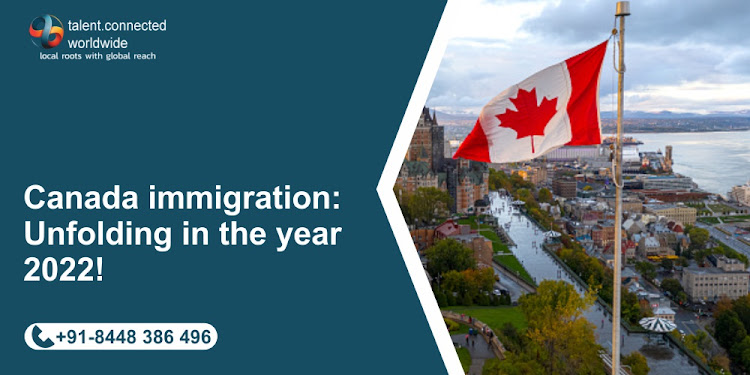Why British Columbia refused to allow more Tech workers?
British Columbia has opted to stop its immensely popular BC PNP Tech Pilot program, which is an interesting development. This program will not be a pilot program in the future. Rather, it has become an inextricable aspect of the province's immigration policies. Need help? Stuck somewhere? Contact immigration consultants in India.

If you're a tech worker looking for a permanent home in British Columbia, look for the BC PNP Tech program rather than the Tech Pilot program. So, what does the pilot's indefinite extension mean for qualified people wishing to move to Canada from around the world?
Do not ignore Canada’s Pilot programs
Pilot immigration programs in Canada are extremely unlikely to fail. From the Atlantic immigration pilot to the BC Tech pilot, initiatives are routinely extended and, for all intents and purposes, become permanent. The BC Tech pilot had become such an important aspect of the province's immigration system that extending it indefinitely felt like a formality.
Three new pilot initiatives for skilled individuals in specialized occupations were recently introduced in Quebec. Don't assume that when you graduate or become eligible for immigration, these programs will no longer exist. Rather, incorporate them in your goals and tailor your immigration strategy to their needs.
One Pilot program benefits all provinces of Canada
Workers in Artificial Intelligence and related occupations are the focus of one of Quebec's new pilots. To establish a smooth immigration experience for eligible candidates, the province would clearly utilize lessons gathered from prior occupation-specific pilots.
To get more information, you are advised to get in touch with immigration consultants in Delhi.
The Northern and Rural pilots have included the Atlantic pilot's emphasis on settlement support. All provinces learned from the AIPP that providing professional settlement support can go a long way toward persuading qualified workers and enterprises to consider new immigration possibilities.
More decentralization can be expected in Canadian immigration
The AIPP gave the four Atlantic provinces the freedom to set their own eligibility requirements, including as work experience, job offers, educational qualifications, and other factors. Medical eligibility, inadmissibility, and compensation funds were the only aspects of the federal government's engagement.
The Rural and Northern pilot has gone a step further by allowing towns to design their own immigration plans. Expect the trend of decentralization to continue in the future. Instead of the federal government determining eligibility, people closest to the employers who would actually employ and settle immigrants will make the decision.
Local governments engage with employers, and the results are used by either the communities or the provinces to develop qualifying requirements.
Good immigration programs can outlast tougher times
The timing is the most important aspect of BC's decision to make its Tech program permanent. The virus has wreaked havoc on the entire world, and international travel is still completely shut off.
Despite this, the province did not explore another time-limited extension of the program. It was instead made permanent. This demonstrates that a responsive system that creates good immigration programs can function well even under the most difficult of circumstances.
When comparing Canada to other immigration destinations, keep this in mind. You should not live in a country where immigration becomes more difficult or easier depending on which political party wins elections.
Looking for detailed information? Get in touch with immigration consultants in Delhi.



Thank you for this clear and concise guide on applying for Canadian Permanent Residency through the Express Entry system. Your breakdown of the steps—from creating an IRCC account to submitting the application—is incredibly helpful for prospective immigrants. For individuals in Ludhiana seeking professional assistance with their immigration journey, I recommend exploring the services offered by Immigration consultant in Ludhiana . Their expertise can provide valuable guidance throughout the application process.
ReplyDelete